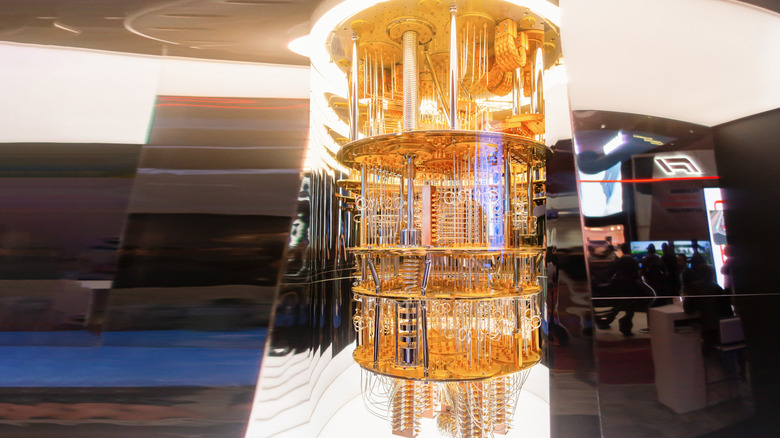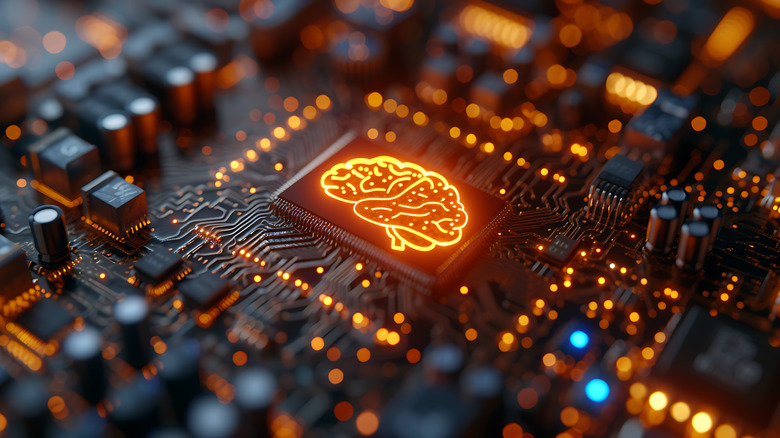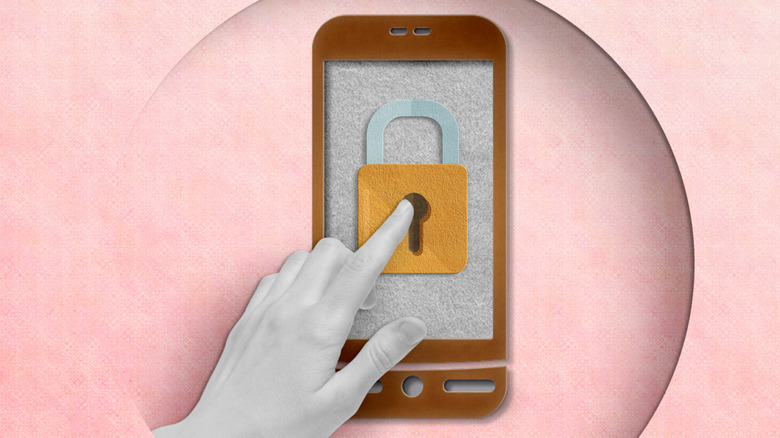Why The Military Wants To Build Quantum Computers
Microsoft started 2025 with the introduction of its Majorana quantum chip, nearly eight years after its quantum language breakthrough. The computing giant's chip advancement kicked off a fiery conversation in the scientific community, among physicists and folks in the defense community closely monitoring developments in the quantum computing segment. The U.S. government has also been following the progress and identified three fundamental areas for military applications — quantum communications, quantum computing, and quantum sensing.
Interestingly, Microsoft is already working with the Defense Department's Defense Advanced Research Projects Agency (DARPA) on building utility-scale quantum computers — a partnership that kicked off in 2024. Building a quantum computer is an incredibly challenging, drawn-out, expensive endeavor, but the gains it will offer compared to traditional computers are said to be exponential. According to science advisors on the Defense Science Board (DSB), quantum computers will enable the development of "more accurate lethal autonomous weapon systems."
Morever, analysts predict that AI systems running atop quantum computers and linked to advanced sensors could bolster the intelligence, surveillance, and reconnaissance capabilities of the military arms. As far as sensors go, engineering experts predict a double-edged perspective. On one hand, these next-gen sensor kits will dramatically enhance the capabilities of submarines at detecting adversaries, boost electronic warfare prowess, and help military personnel detect underground threats, but in the hands of enemies, they could prove devastating. Furthermore, it has been hypothesized that quantum communication is going to enable fast and secure networking for defense arms.
Quantum computing and military applications
In April 2025, DARPA announced that it had selected 20 companies as part of its Quantum Benchmarking Initiative (QBI) to build a fault-tolerant quantum computer before 2035, a list that includes familiar names such as HP and IBM. Separately, the National Quantum Initiative (NQI) was signed in 2018 to accelerate quantum computing toward development in "national security" among other objectives. The end goal? In its 2025 Worldwide Threat Assessment report, the Defense Intelligence Agency warned that rivals such as China and Russia are rapidly advancing quantum capabilities, highlighting military application areas such as sensing and communication decryption.
Just like arms and armaments, it's a race that's all about advancing ahead of the geopolitical rivals. But why, one might ask. "Quantum technologies can impact all the domains of modern warfare," says a research paper published in the EPJ Quantum Technology journal. However, the paper also made it clear that most of the quantum military applications are theoretical at this point and haven't been realistically demonstrated. But that doesn't mean there is no potential. Far from it, actually.
The Advanced Technology Academic Research Center says quantum computing could boost military training by speeding up simulations and enhancing analysis using mission-scale simulations of military operations. It can also speed up military logistics, optimize the supply chain, open the doors for autonomous combat vehicles, help develop new materials, and solve the critical issue that is predictive maintenance and fleet readiness. It also touches on the "harvest now, decrypt later" threat, which brings us to...
Quantum computers and communication safety
A recurring theme in discussions around quantum computing is how it is growing to break encryption, the technique that turns readable information into an unreadable cipher. From encrypted chats on WhatsApp and credit card information to sensitive military communication, encryption is used widely. Intelligence, surveillance, and defense communication is protected by a robust encryption layer, or multiple such layers. Now, depending on the person you ask and the security protocols in question, the answer to "how easy it is to break encryption" will differ. For example, it would take a regular computer roughly 300 trillion years to break the RSA encryption.
And as the key length for encryption is increased, the time it takes to crack the encryption goes exponentially higher. That's where quantum computers come into the picture.. As per the U.S. government estimates, the most powerful quantum computers can only muster 1,088 qubits, but it would take at least 20 million qubits to break encryption. The U.S. government, however, is already moving ahead with plans to enter a post-quantum cryptography era, with plans to transition from cryptographic systems to quantum-resistant cryptography by the year 2035. The caution is not unwarranted.
Late in 2024, Chinese researchers claimed that they had broken RSA encryption using a D-Wave quantum computer. "Our findings show that D-Wave's quantum technology can efficiently target encryption systems that protect sensitive information globally," the team was quoted as saying by CSO. The RSA downplayed the risks, claiming that breaking a 50-bit integer algorithm is "a far cry" from cracking the mainstream 2048-bit RSA encryption.


